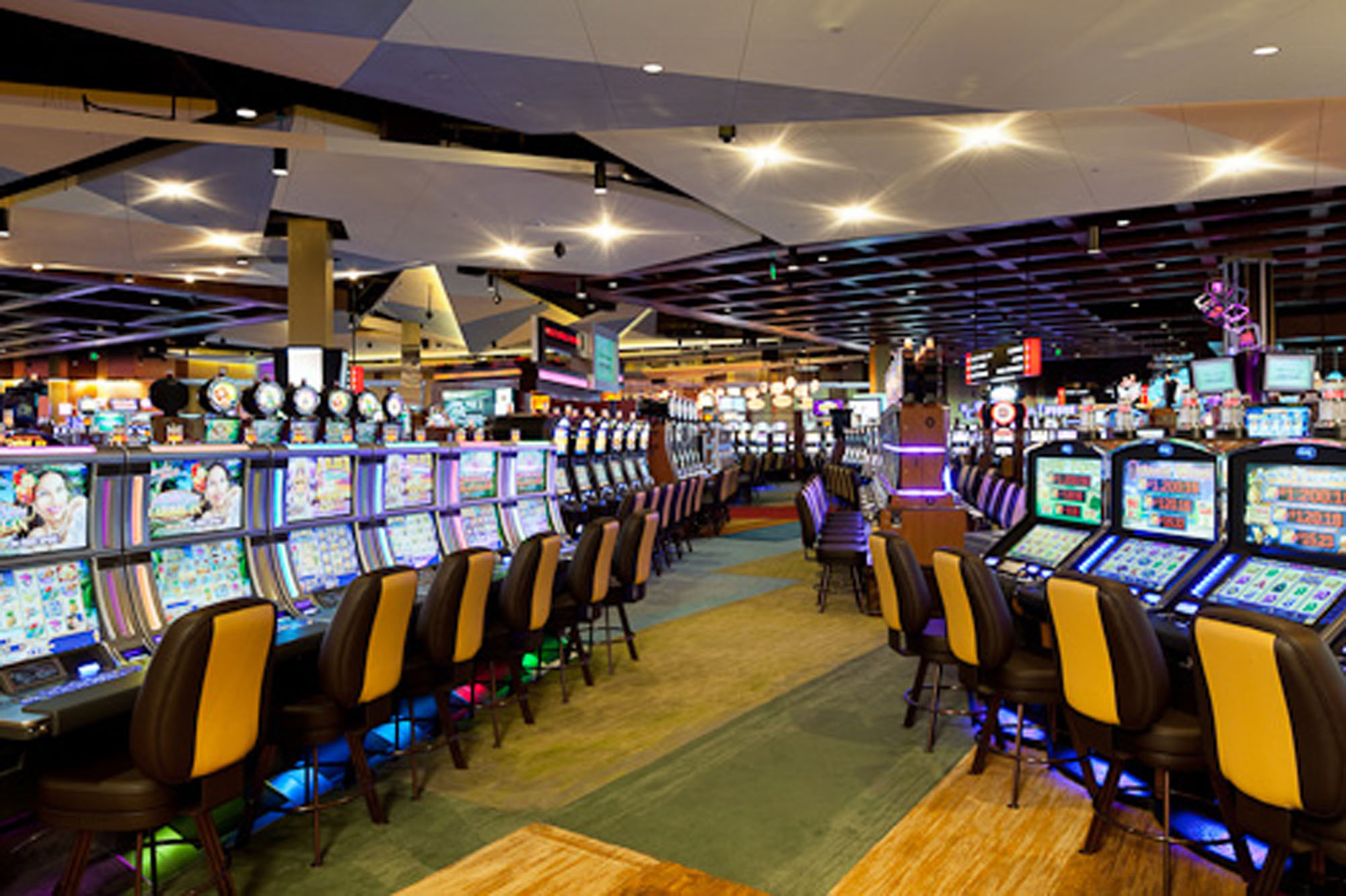In what way Gaming Experiences Mirror the Mankind’s Experience

Casino games have long been an integral part of human culture, providing not just entertainment but a intriguing reflection of our dreams, dreams, and anxieties. From the turning reels of a slot machine to the skill-based strategies of poker, these games embody a range of human feelings and experiences. At their core, casino games are not just a chance to make profits; they are a microcosm of life itself, where danger and gain intertwine and fortunes can change in an moment.
As players gather around tables or sit in front of vibrantly illuminated machines, they engage in a ritual that transcends mere playing. These games mirror our innate desires for connection, thrill, and the search for fortune. They also reveal deeper truths about human behavior, such as our relationship with chance and the adrenaline of risk. casino not on GamStop In exploring casino games, we uncover not only the mechanics of play but also the intricate pattern of the human experience, showcasing our woven narratives of aspiration and reality.
The Psychology of Gambling
Gambling is deeply rooted in human psychology, appealing to various feelings and wants. The excitement of taking risks is a core aspect that attracts participants, whether the thrill of spinning a roulette or the excitement of drawing a winning card in poker. This rush of adrenaline is frequently likened to other forms of excitement, as the unpredictability of outcomes elicits a distinct psychological response. Gamblers often find themselves captivated by the possibility of winning big, leading to an almost magnetic draw toward casino games.
Additionally, a crucial component of the psychology behind gambling is the concept of hope and ambition. Participants often nourish fantasies of financial freedom and the luxurious lifestyle that can accompany winning. This hope fuels their continued participation in casino games, as it provides a sense of meaning and the belief that a transformative win could be just one wager away. The story of overcoming odds and finding success resonates with many, reinforcing their commitment to play and engage with these games.
Finally, social dynamics play a significant role in gambling psychology. Gambling venues are designed to foster social interaction, where gamblers gather to share the journey of wins and losses. This communal aspect not only amplifies enjoyment but also influences behavior, as individuals often imitate the actions of others in their vicinity. The social validation found in shared excitement can magnify the emotional experience, making casino games a mirror of not just personal desires but also shared involvement within the gaming community.
## The Dual Nature of Risk and Reward
Casino games embody the fragile balance between danger and gain that resonates deeply with the human experience. The rush of placing a wager is often accompanied by a jolt of energy, as players are confronted with the prospect of a huge payout, yet cognizant of the risk to lose. This twofold experience reflects a core aspect of life: the decisions we face often come with inherent risks, and the pursuit of reward can drive us to take chances we might not typically consider. In this way, gambling activities mirror real-world decisions, enticing players to risk not just their money, but also their hopes.
The allure of jackpot prizes and payouts fuels a wave of hope, motivating players to imagine a brighter future that could arise from a fortunate turn of the wheel or turn of a card. This hope can motivate individuals to engage in greater risks, pushing them to push their boundaries in search of economic benefit. However, just as in life, the consequences of these risks can lead to both triumph and loss. The stories of both big winners and those who have suffered everything at the tables demonstrate the chaotic nature of luck and its significant effect on our futures.
Ultimately, the experience of engaging with gambling activities serves as a potent reminder of the human condition. Every session played is imbued with the tension of uncertainty, as gamblers weigh the gains against the dangers. This interaction not only highlights the excitement that comes with gambling but also unveils the risks that come with the urge for more. As we journey through the complexities of choice and results in both the gambling world and in life, we find that the quest for gain shapes our sense of self and experiences in profound ways.
Community and Solitude in Gambling Environment
Casino environment is a distinct blend of communal interaction and personal endeavor, reflecting the contrasts of human experience. Gamblers often come together around games, experiencing in the thrill of the action, rejoicing in wins, and commiserating over losses. This communal aspect is crucial, as it creates a sense of belonging and camaraderie among varied groups of individuals. Regular attendees to casinos may form friendships and establish routines, turning the gambling venue into a alternative home where they feel connected to a larger community of players.
However, the allure of gambling activities can also result to isolation. As individuals become immersed in the excitement of gambling, they may withdraw from personal connections or fail to interact with the world outside the gaming space. For some, the search of a windfall can distract from genuine relationships, leading to isolation. The experience of being surrounded others yet feeling solitary is not rare, as the attention shifts from collective fun to the individual concerns of each player’s path.
This interaction of society and isolation creates a vivid tapestry that defines casino culture. It highlights the complexity of human interactions, where joy and despair exist together. Casinos serve as both a sanctuary for social engagement and a platform for individual challenges, demonstrating how deeply connected our desire for companionship and the individual quest for wealth can be. In navigating this environment, gamblers confront their own narratives—seeking both the thrill of the game and the fellowship of fellow players, eventually reflecting the broader spectrum of human experience.